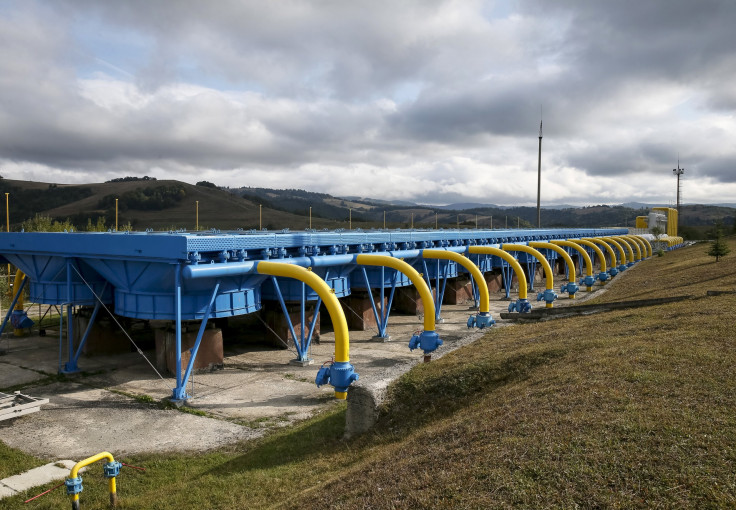Russian Gas Crisis: War With Ukraine Affects Energy Flow In Europe

Ukraine is increasing its reliance on European gas more than a year after it stopped purchasing energy from Russia over its annexation of Crimea. Ukraine started purchasing gas from French energy giant Engie last week in a costly show of defiance toward the Kremlin's outsized influence in the region.
Kiev is paying 20 percent more for gas now than it did when it purchased Russian energy. The fuel runs through the Hermanowice pipeline in southeast Poland every day, putting a strain on Ukraine's already difficult budget crisis. Ukraine counted on a loan from the European Bank for Reconstruction and Development (EBRD) to buy 1.8 bcm of gas from Western Europe companies in 2016.
Russia has tried to win Ukraine back by offering a discounted price of $186 per thousand cubic meters, nearly 20 percent less than the average rate Kiev is paying European companies for its fuel these days. The Ukraine's boycott is also hard to sustain in part because much of the gas Ukraine is purchasing from third party suppliers in Europe originates in Russia, attributing to the markup in prices. The higher fees are being passed down to Ukrainian consumers, who have seen the average utilities bill for a one room apartment grow to about $40 in the summer and $110 in the winter.
European Union officials meet with their counterparts in Russia and Ukraine in December to try to negotiate a resolution. Ukraine stopped buying from Russia's Gazprom in November 2015. Conflicts with Russia in the past have seen shortages during the freezing winter months in some EU nations.
In all, Russia delivers about a third of the gas flowing into the European Union. Ukraine is a crucial part of this structure because about 40 percent of Russia’s EU-bound gas gushes across its territory, representing more than 10 percent of Europe’s fuel supply. Ukraine has promised to protect the stable transit of gas to Europe.
The Organization for Security and Co-operation in Europe said last week conflict between Kiev and the pro-Russian insurgency in eastern Ukraine hasn't improved. The OSCE's new chairman, Austrian Foreign Minister Sebastian Kurz, said an international armed police presence is needed in the region to close Ukraine's porous eastern border with Russia, which is used by rebels to bring in weapons and supplies. The conflict has killed 10,000 people since 2014.
Russia has defended its annexation of Crimea, while Western leaders have expressed concern that Moscow will enter other Eastern European nations.
© Copyright IBTimes 2024. All rights reserved.






















